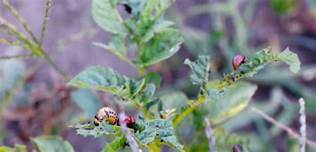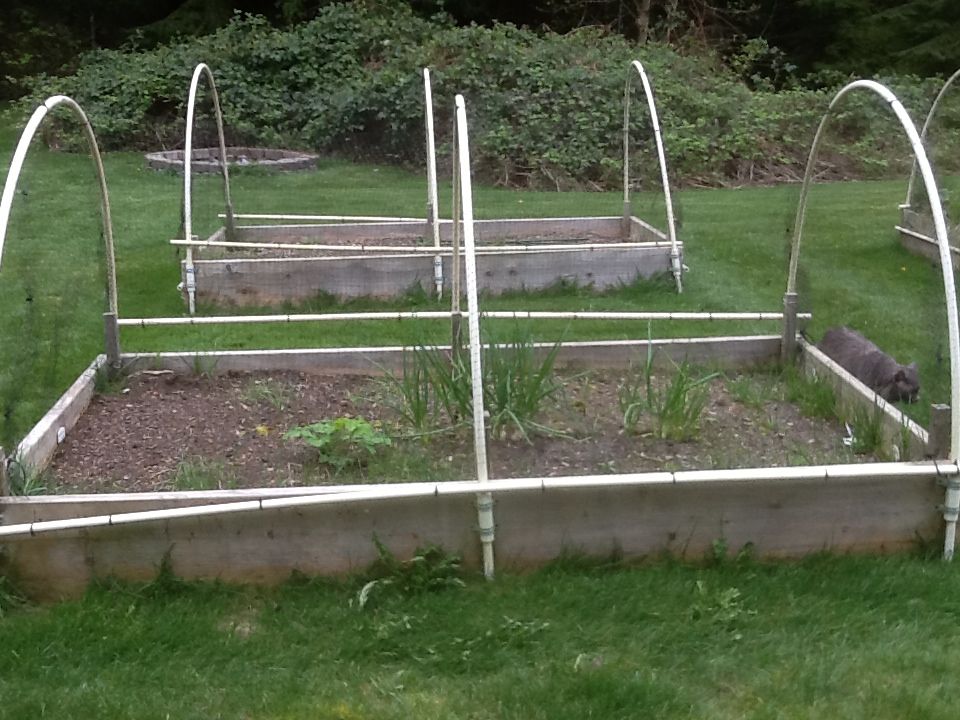Insect and disease control in an organic garden starts with the soil. The soil needs to be of a good structure full of organic matter and nutrients for your plants to thrive and produce a healthy productive crop. Plants have the ability to change there chemistry naturally to defend themselves from their natural enemies. They do it all the time as when a branch gets broken a plant defends the wound by creating a protective coating over it to prevent pests from attacking it and when an insect starts to nibble a plants leaves a plant can have the ability to change it’s leafs chemistry to be less appetizing to the insect . They can only do this if they are strong and healthy. Diseases and insects thrive off of weak or injured plants.
Soil structure is very important in having a healthy soil. Healthy soil is a proportioned mix of minerals, organic matter, air and water that creates an environment for life. The life in an organically active healthy soil consists of insects, bacteria, fungi, microorganisms and other organisms. This life works the soil by eating the organic matter and turning it into a nutrient rich humus for plants to thrive.
The location of a garden also plays a part in insect and disease control. The placement of plants out of there natural preference will do more harm than good. Plants don’t like to be forced to grow in an environment that they are not happy with like soil conditions and sunlight. This is a good cause for a plant to preform poorly and be weak and vulnerable to disease and insect infestation. Study the location of where you want to plant and choose plant that are suitable to the conditions.
Companion planting is a benefit in having a healthy productive garden. Arrange plants near each other that are beneficial to each other. The planting of strong smelling herbs in a vegetable garden will mask the odor of plants and hide them from insects. Then there are herbs that can be planted that will repel insects.
Crop rotation will help prevent the recurrence of the same insects or disease in a location year after year. When one crop is planted in the same area and there is a disease or insect problem the organisms from that disease can overwinter in the soil as well as eggs or pupae of a insect. The planting of the same crop in the same location only creates a new generation of the same problem. The removal of the host plant from that location wont give the disease or pest the opportunity to feed and reproduce the following year.
Keeping your crops healthy is the best prevention for disease and insect control in an organic garden. The use of pesticides will only do more harm than good. Pesticides are only a short term solution to insect control. They will not only kill off pests but beneficial insects too.

